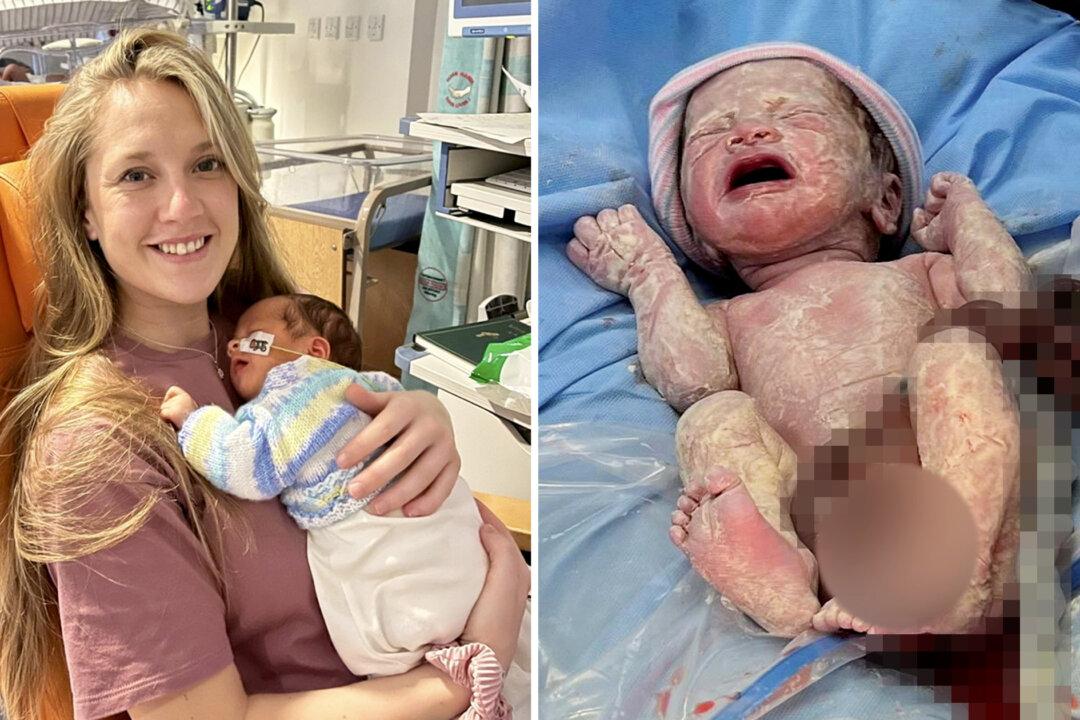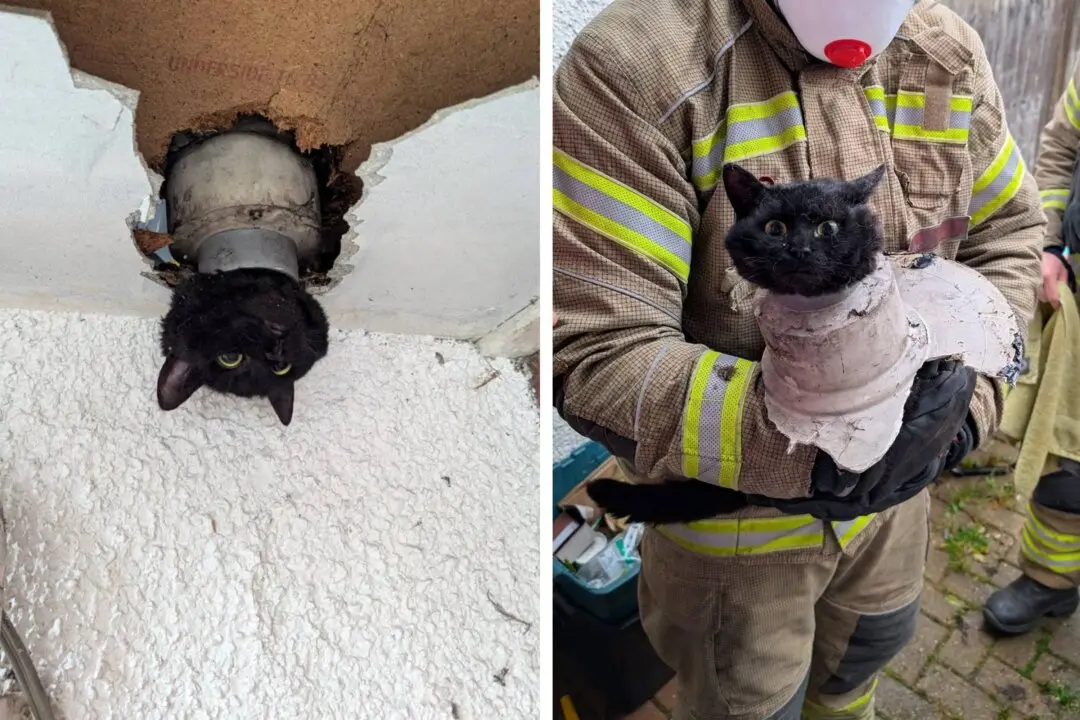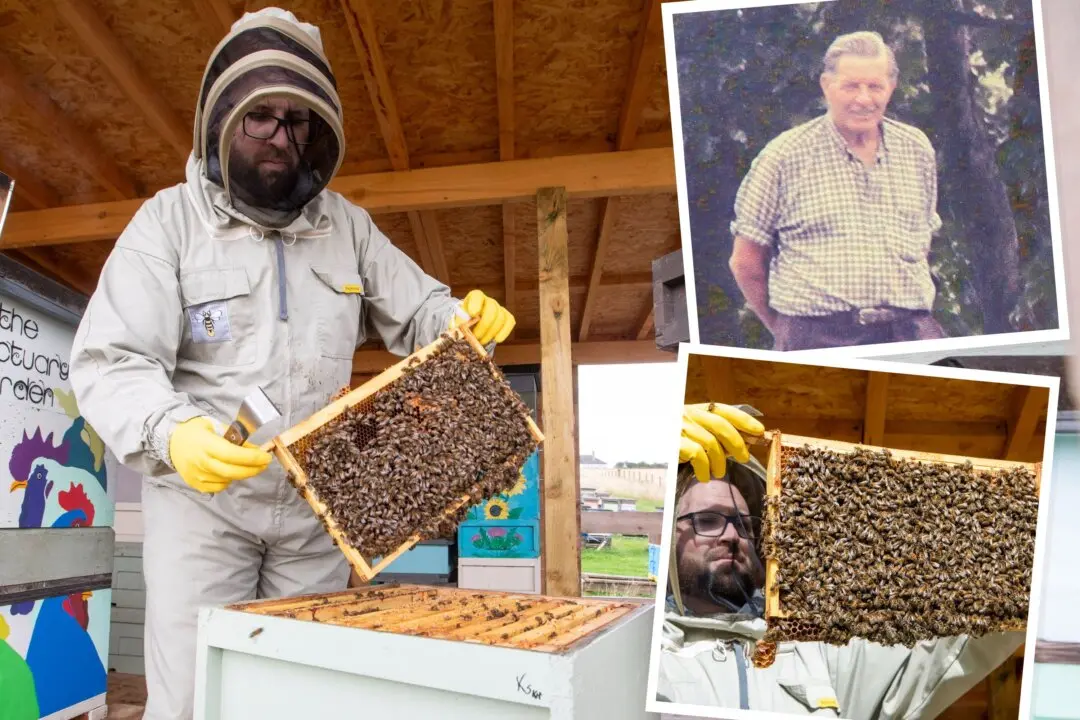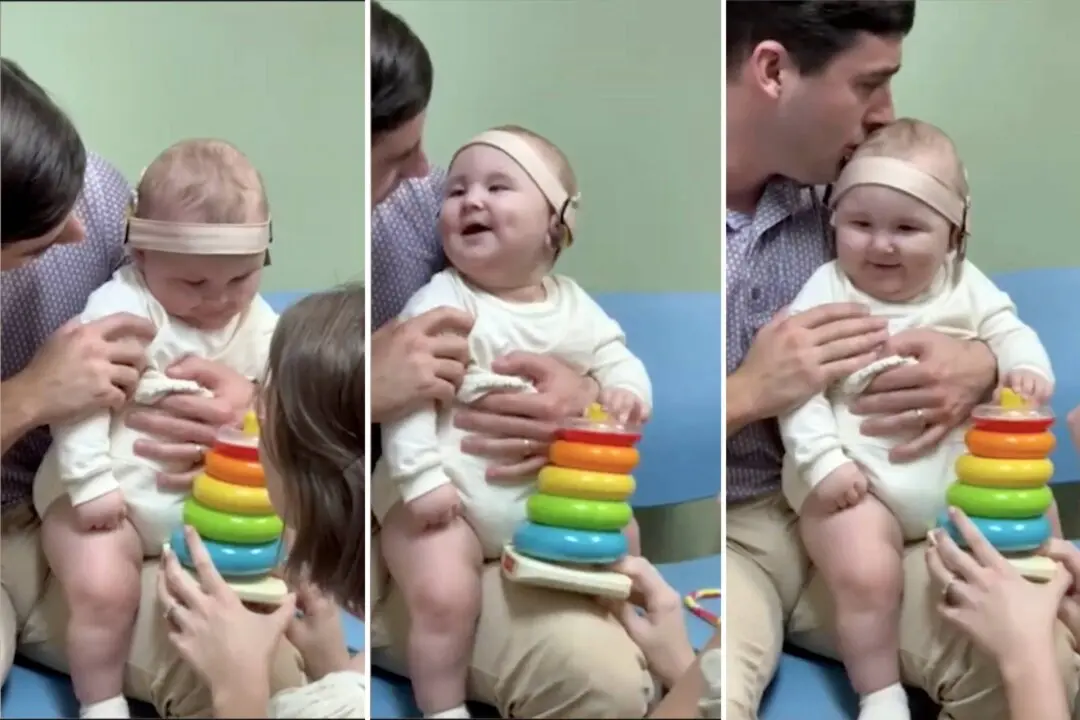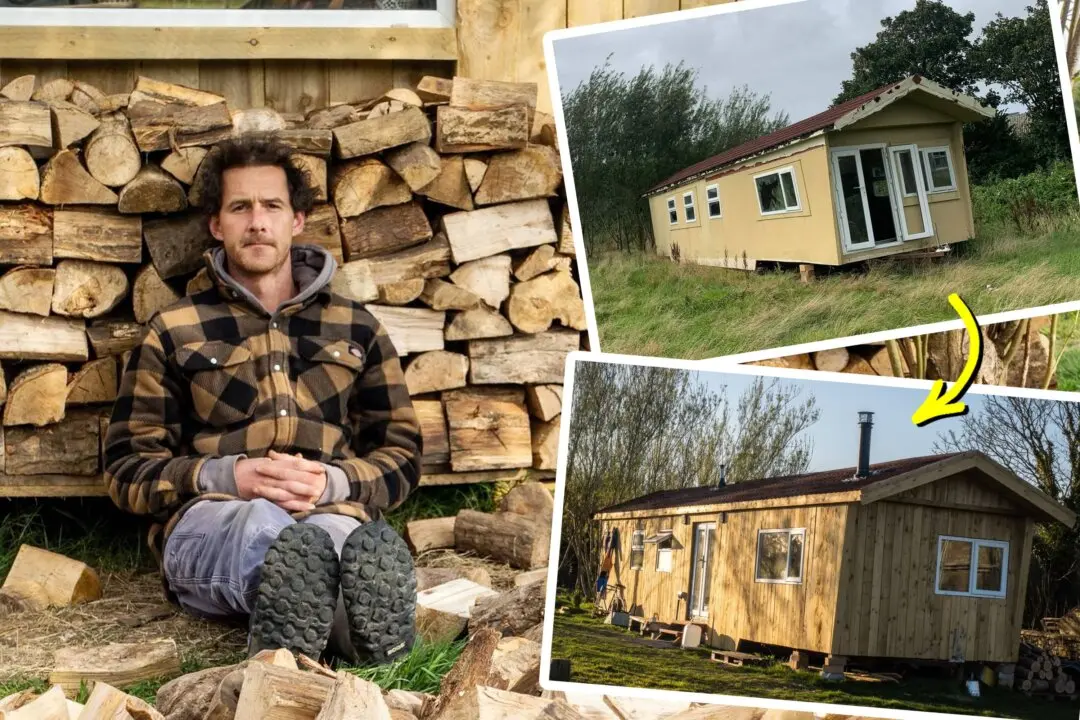A mother whose baby was born with organs outside of his body as a result of a rare condition has revealed her shock.
Ashlie Fowler, 29, was told 12 weeks into her pregnancy that her son—her first child—would be born with gastroschisis, a rare condition that affects 4 in every 10,000 babies.

